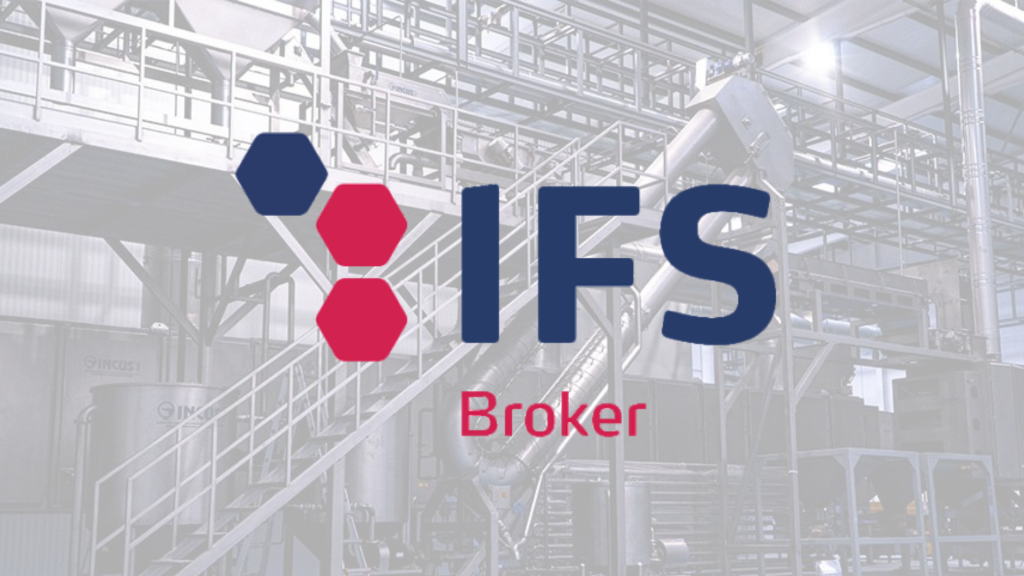
Too often perceived as a simple compliance department, the quality department is actually a key strategic player in a company's economic performance. By improving reliability, protecting reputation, and facilitating access to new markets, it generates direct value.
At Tracklab, we provide our clients with all the business intelligence we have so that you can benefit from a data-driven system that drives profitability.
Today, it's no longer enough to have good suppliers: you have to be able to prove it. In calls for tenders or during customer audits, buyers want concrete guarantees: regulatory compliance, traceability, performance history.
Thanks to Tracklab, quality managers have a simple and powerful tool to:
So, you're not just saying your suppliers are reliable. You're demonstrating it. And that can make all the difference in winning a tender or successfully passing a customer audit.
In the food industry and industrial production, certifications such as IFS, ISO 22000, and BRC have become standards. They are no longer a plus; they are mandatory for working with supermarkets and major distributors, for example. These retailers now represent an average of 60% of the market share for a food company in France, markets accessible only through an efficient quality management system.
In fact, it is the quality department that manages the procedures, feeds the audits, and maintains documentary compliance.
Tracklab offers a certification support service that allows you to track your compliance with targeted standards.
It saves time for the quality team, and is a formidable weapon to never miss a certification and therefore, never close the door on a market.
A major non-compliance, a product withdrawal/recall, a delisting from supermarkets, or a health issue aren't just technical incidents. They're economic disasters. Brand image collapses, consumer confidence is lost, and financial losses explode. It's estimated that a medium-sized food company can lose €25 million in revenue due to a health scandal.
This is precisely why the quality department is essential. It acts as the guardian of reputation, identifying deviations, reporting weak signals, and correcting them before it's too late.
With Tracklab, the quality system is strengthened, supported and able to cope with these crises.
The principles of lean management remind us of a simple truth: improvements start in the field, not in the office. The Gemba Walk, or field walk, allows quality managers to observe processes, talk with operators, and identify the real causes of underperformance.
Lean management identifies this underperformance by seven Mudas: Overquality, Overproduction, Waiting Time, Unnecessary Transportation, Excessive Inventory, Unnecessary Movement, and Nonconformity. These are as many Mudas as there are sources of economic loss. Your quality manager can mitigate these negative factors if they are given the opportunity to be on the ground.
But you still need to have the time to do it.
Thanks to Tracklab, quality teams:
In other words: employees are listened to, problems are identified, and your processes are improved. We avoid wasted time and quality, and maximize efficiency.
With Tracklab, your quality department benefits from intelligent support and clear direction through efficient data mining. By centralizing and analyzing your quality information in a structured and accessible manner, Tracklab transforms your quality department into a hidden profit center. It secures markets through recognized certifications, protects the company's reputation, and improves operational performance.


